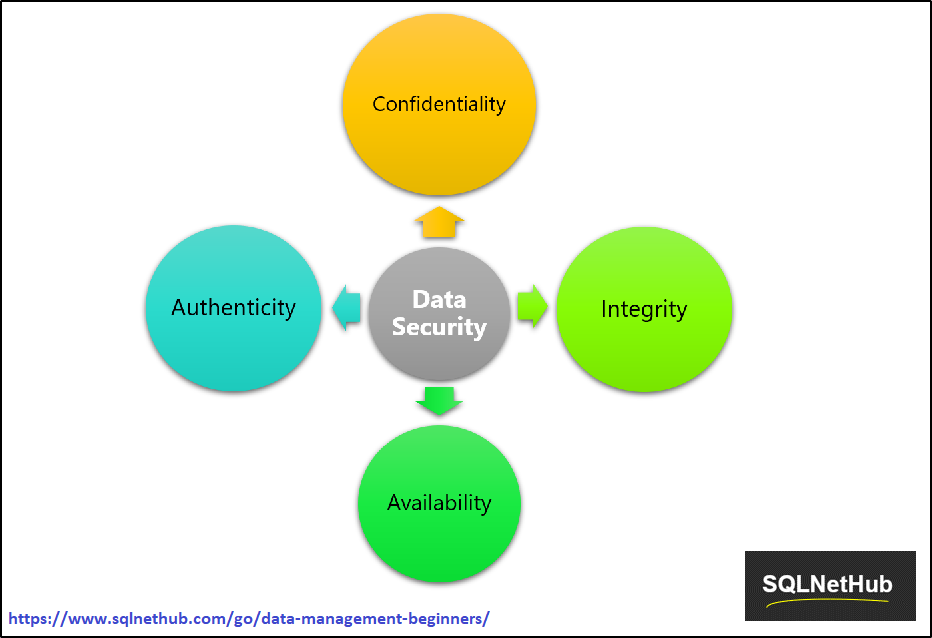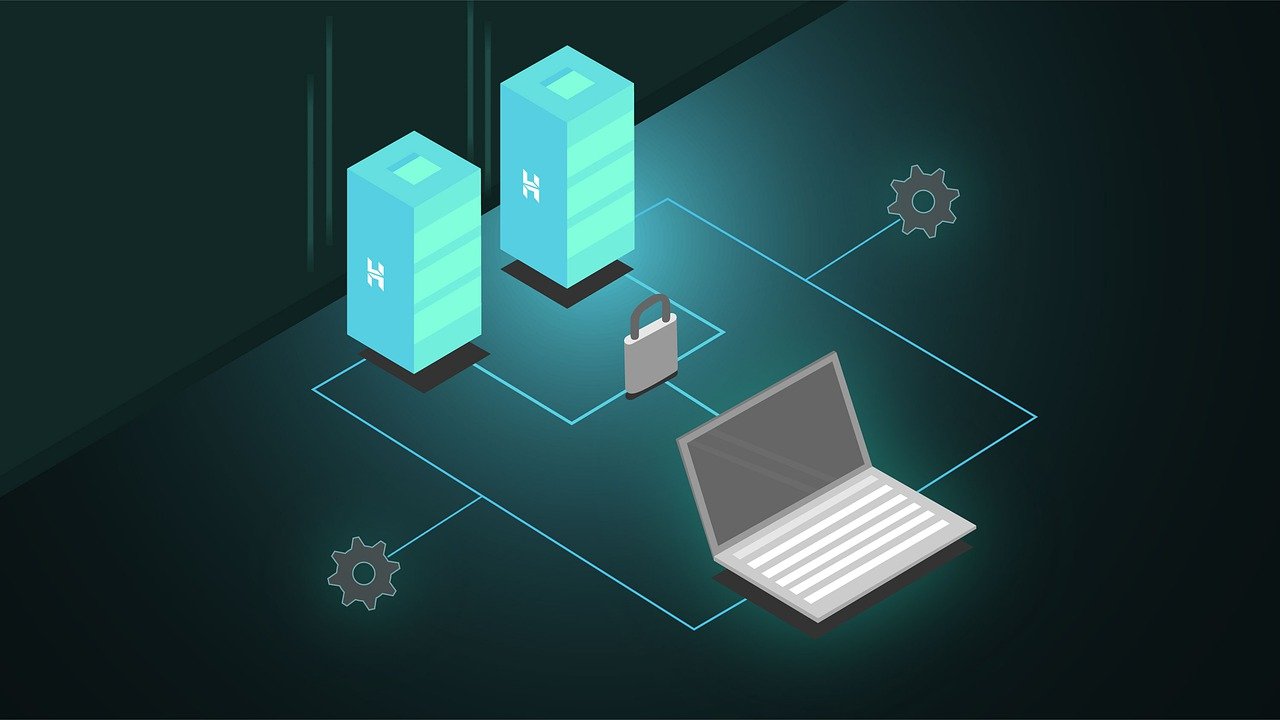Hi friends. In this article, we will be discussing about Data Security and which are its main characteristics, within the context of Data Management.
What is Data Security?
Data Security, is a term in Data Management, that is used for characterizing the processes, policies and controls for preventing “unauthorized access” to your data thus keeping it secure and private, as well as, keep the data available in the event of a disaster.
To this end, among other, Data Security:
- Contributes towards maintaining business continuity
- Helps organizations to protect their reputation and build trust with their customers and partners
- Ensures compliance with data protection laws, regulations and guidelines
What is “Unauthorized Access”?
The term “Unauthorized Access”, is used to describe the event, when someone gains access to a system, data, application, network, data center, etc., without explicit permission. This unfortunate event, is usually accompanied, by data breach attacks.
Some examples of data breaches are:
- Cyber attacks
- Phishing
- Man-in-the-middle attacks
- Ransomware
- Etc.
Important Note: Data Security covers the entire lifecycle of data within an organization (creation/acquisition of data, their storage, processing and archiving/destruction).
Main Characteristics of Data Security
The main characteristics of Data Security, are:
- Data Confidentiality
- Data Integrity
- Data Availability
- Data Authenticity
Based on the above, we have created the below infographic:

Let’s discuss more about these characteristics.
Data Confidentiality
Data confidentiality, is a term that is used for describing the processes and practices that ensure, that the data is only accessible by authorized persons, as defined by the Data Owner and consequently, by the organization’s business needs.
Data Integrity
Data integrity, is a term that is used for describing the processes and practices that ensure, that the data is reliable, complete and trustworthy. Data integrity, can be also characterized, as the process that ensures the overall quality of the data.
Data Availability
Data availability, is a term that is used for describing the processes and practices that ensure, that the data remains available and thus ensure business continuity, even in the event of:
- Unauthorized access and data breaches
- Data corruption
- Disaster events
Data Authenticity
Last, data authenticity, is a term that is used for describing the processes and practices that ensure, that the data is not corrupted after being created.
Note that even though Data Authenticity is a similar concept to Data Integrity, their main difference is that Authenticity ensures that the data has not been altered by an unauthenticated person.
Data Security Examples
Below, we list some Data Security examples:
- Data backups
- Data masking
- Encryption
- High availability / Disaster recovery
Watch our video lecture on Data Security
Enroll to our course: Data Management for Beginners – Main Principles
Enroll to the course with a major discount and get started with learning the main Data Management principles!
Featured Online Courses:
- Working with Python on Windows and SQL Server Databases
- Introduction to Azure Database for MySQL
- Boost SQL Server Database Performance with In-Memory OLTP
- Introduction to Azure SQL Database for Beginners
- Essential SQL Server Administration Tips
- SQL Server Fundamentals – SQL Database for Beginners
- Essential SQL Server Development Tips for SQL Developers
- Introduction to Computer Programming for Beginners
- .NET Programming for Beginners – Windows Forms with C#
- SQL Server 2019: What’s New – New and Enhanced Features
- Entity Framework: Getting Started – Complete Beginners Guide
- Data Management for Beginners – Main Principles
- A Guide on How to Start and Monetize a Successful Blog
Read Also:
- Data Management for Beginners – Main Principles (Course Preview)
- Data Security vs. Data Privacy
- What are NoSQL Databases?
- Differences Between Batch and Streaming Data
- What is Data Management and why it is Important?
- What is Data Compliance within the Data Management Scope?
- How to Connect to SQL Server Databases from a Python Program
- How to Resolve: [IM002] [Microsoft][ODBC Driver Manager] Data source name not found and no default driver specified (0) (SQLDriverConnect)
- Useful Python Programming Tips
- Main Data Structures in Python
- Working with Python on Windows and SQL Server Databases (Course Preview)
- How to Write to a Text File from a C++ Program
- How to Establish a Simple Connection from a C# Program to SQL Server
- The timeout period elapsed prior to obtaining a connection from the pool
- Closing a C# Application (including hidden forms)
- Changing the startup form in a C# project
- Using the C# SqlParameter Object for Writing More Secure Code
- Cannot implicitly convert type ‘string’ to ‘System.Windows.Forms.DataGridViewTextBoxColumn
- Missing parentheses in call to ‘print’. did you mean print(…) – How to Resolve in Python
Subscribe to our newsletter and stay up to date!
Subscribe to our YouTube channel (SQLNetHub TV)
Easily generate snippets with Snippets Generator!
Secure your databases using DBA Security Advisor!
Generate dynamic T-SQL scripts with Dynamic SQL Generator!
Check our latest software releases!
Check our eBooks!
Rate this article:
Reference: SQLNetHub.com (https://www.sqlnethub.com)
© SQLNetHub
Artemakis Artemiou, a distinguished Senior Database and Software Architect, brings over 20 years of expertise to the IT industry. A Certified Database, Cloud, and AI professional, he earned the Microsoft Data Platform MVP title for nine consecutive years (2009-2018). As the founder of SQLNetHub and GnoelixiAI Hub, Artemakis is dedicated to sharing his knowledge and democratizing education on various fields such as: Databases, Cloud, AI, and Software Development. His commitment to simplicity and knowledge sharing defines his impactful presence in the tech community.

